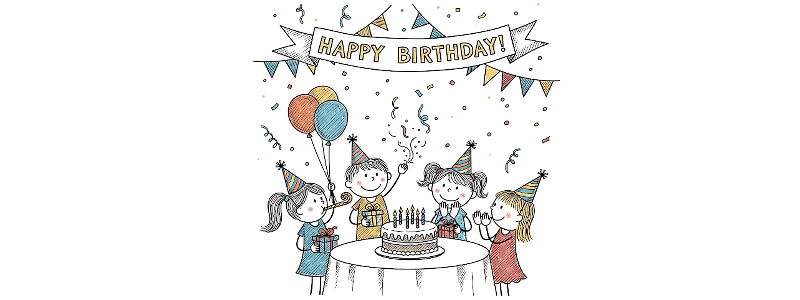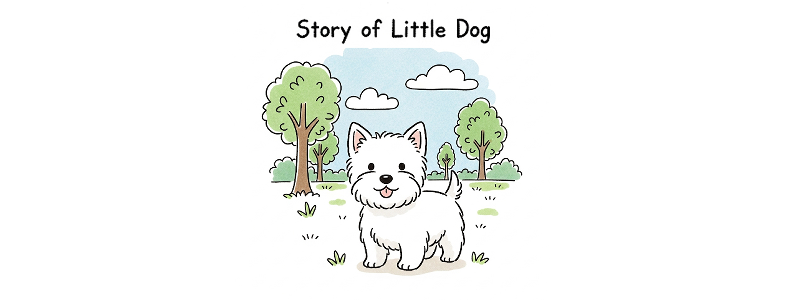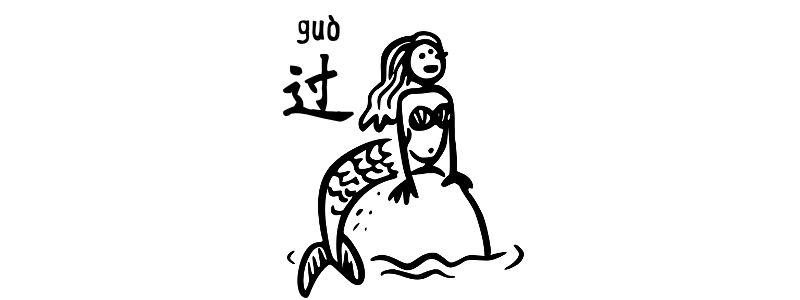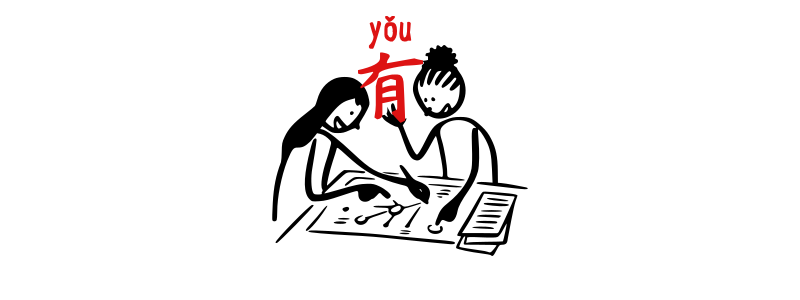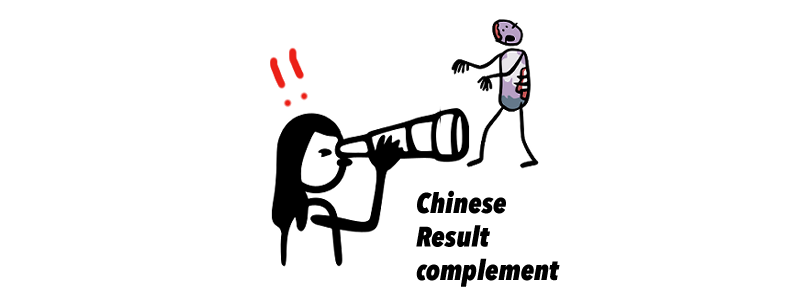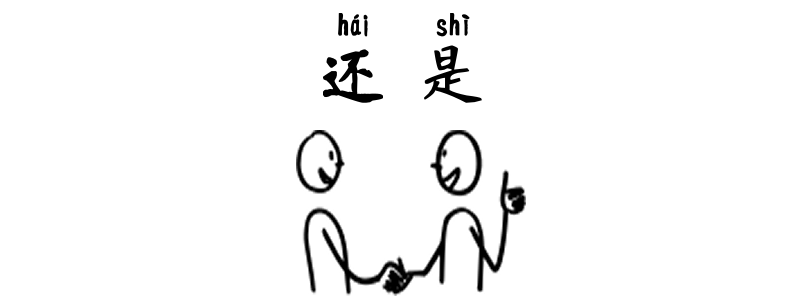HSK2 Reading Practice Remember to use the menu at the top right of the article to switch between Traditional and Simplified Chinese. Article – 生日快樂乐 今天是小明的生日,他邀請了他的好朋友們來參加生日派對。派對上有許多好吃的食物和飲料,還有生日蛋糕和氣球。小明非常開心,因為他可以和朋友們一起玩耍和享受美食。今天是小明的生日,他邀请了他的好朋友们来参加生日派对。派对上有许多好吃的食物和饮料,还有生日蛋糕和气球。小明非常开心,因为他可以和朋友们一起玩耍和享受美食。 他們一起玩了很多遊戲,像是跳繩、踢足球和玩捉迷藏。大家都非常開心,笑聲不斷。到了晚上,他們還看了一部有趣的電影,小明的媽媽為他們準備了很多爆米花。他们一起玩了很多游戏,像是跳绳、踢足球和玩捉迷藏。大家都非常开心,笑声不断。到了晚上,他们还看了一部有趣的电影,小明的妈妈为他们准备了很多爆米花。 當派對快結束的時候,小明收到了一份來自祖父母的禮物。禮物是一本關於動物的書,小明非常興奮,因為他一直對動物很感興趣。他決定明天就開始看這本書。当派对快结束的时候,小明收到了一份来自祖父母的礼物。礼物是一本关于动物的书,小明非常兴奋,因为他一直对动物很感兴趣。他决定明天就开始看这本书。 Questions Shēngrì kuàilè Jīntiān shì Xiǎomíng de shēngrì, tā yāoqǐngle tā de hǎo péngyǒumen lái cānjiā shēngrì pàiduì. Pàiduì shàng yǒu xǔduō hǎochīde shíwù hé yǐnliào, háiyǒu…
Category: HSK 2
HSK2 Reading Practice – Story of a Little Dog
HSK2 Reading Practice Remember to use the menu at the top right of the article to switch between Traditional and Simplified Chinese. Vocabulary 聰明cōngmíng聪明cōngmingsmart; intelligent 他tā是shì一個yíge非常fēicháng聰明cōngmíng的de學生xuéshēng他tā是shì一个yíge非常fēicháng聪明cōngming的de学生xuéshengHe is a very smart student. 玩耍wánshuǎ玩耍wánshuǎto play 小朋友xiǎopéngyǒu們men在zài公園gōngyuán裡lǐ開心kāixīn地de玩耍wánshuǎ小朋友xiǎopéngyou们men在zài公园gōngyuán里lǐ开心kāixīn地de玩耍wánshuǎThe children are happily playing in the park. 散步sànbù散步sànbùtake a walk 晚飯wǎnfàn後hòu, 我們wǒmen喜歡xǐhuān去qù河邊hébiān散步sànbù晚饭wǎnfàn后hòu, 我们wǒmen喜欢xǐhuan去qù河边hébiān散步sànbùWe like to take a walk by the river…
過/过 guò Grammar
Grammar Point:The particle 過过 guò is used to talk about something you have or haven’t experienced in the past. It always goes right after the verb. Structure S + V + 過过 guò + O 我wǒ去qù過guò中國Zhōngguó我wǒ去qù过guò中国ZhōngguóI have been to China. 你nǐ看kàn過guò這zhè部bù電影diànyǐng嗎ma? 你nǐ看kàn过guò这zhè部bù电影diànyǐng吗ma? Have you seen this movie before? 我wǒ見jiàn過guò他tā我wǒ见jiàn过guò他tāI have met him before. 我wǒ說shuō過guò嗎ma??我wǒ说shuō过guò吗ma??Have I said that before?…
Chinese Verbs
In this article, we will discuss the features of Chinese verbs. Verbs in Chinese, like in English, can be divided into three major categories: the verb 是 shì meaning “to be,” the verb 有 yǒu meaning “to have,” and a broad set of verbs that can be loosely referred to as action verbs. * Some…
Using Yǒu to Express Estimation
Grammar Point:The “you sentence” is known as 有字句 yǒuzìjù in Chinese. The word 有 yǒu serves multiple functions, including expressing estimates and constructing comparative sentences, which will be the focus of this article. you sentence Structure S + 有 yǒu + Number When you are trying to express an approximation or rough estimate of a…
Quantity Complements 1
Grammar Point:A “數量補語数量补语 shùliàng bǔyǔ” (Quantitative Complement) indicates the quantity, frequency, or duration of an action or state. In this article, we will focus on discussing the frequency or quantity of an action or state.hinese Quantitative Complement Chinese Quantitative Complement Structure Adj. + Quantity Complement 我wǒ比bǐ弟弟dìdi大dà三sān歲suì我wǒ比bǐ弟弟dìdi大dà三sān岁suìI am three years older than my brother. 他的tāde錢qián比bǐ我wǒ多duō一些yìxiē他的tāde钱qián比bǐ我wǒ多duō一些yìxiēHe has…
Connecting Adjective with 又 you
Grammar Point:When you want to use more than two adjectives to describe one thing, you can use the 又 yòu structure. This structure is used to convey that something is “both… and…” in English. The two adjectives used in this construction should not contrast in feeling. In other words, they should either both be positive…
Result Complement 1
Grammar Point:The result complement is called 結果補語结果补语 jiéguǒ bǔyǔ in Chinese. It is just like its name, used to describe the result of a verb. What is the result complement? In Chinese grammar, a result complement 結果補語结果补语 jiéguǒ bǔyǔ is a grammatical structure that expresses the result or outcome of an action or event. It…
Had Better with zuihao
Grammar Point:One way to express ‘had better’ in Chinese is 最好 zuìhǎo. While 最好 zuìhǎo can function as an adjective meaning ‘best’, it can also be used as an adverb to express ‘had better’ or ‘it would be best’. It’s often utilized when giving advice to someone or politely making demands. Structure S + 最好…
Had Better with 还是 háishì
Grammar Point:One of the ways to express ‘had better’ in Chinese is 還是还是 háishì…吧 ba. 還是还是 háishì as an adverb can express ‘still’, ‘yet’, and ‘or’, it can also express a preference for an alternative. 吧 ba is often placed in the end, as it’s a suggestion. Structure S + 還还是 háishì + Suggestion + 吧 ba 你nǐ還是háishì換huàn個ge男朋友nánpéngyǒu吧ba!…
